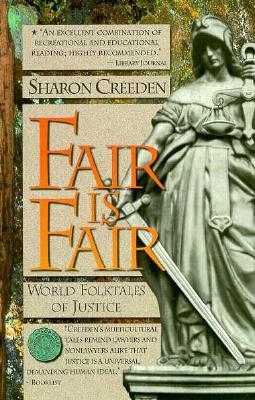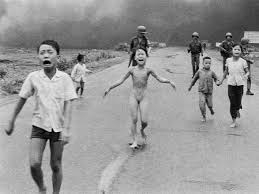Yesterday was more than a bit crazy. Another experiment in ways to travel from Glasgow to Northants in a day to visit my Mum. Not one I plan to repeat - it meant leaving home at 4 a.m. yesterday and not being back until 1 a.m. today. It meant two taxis, one coach, four planned trains, one unplanned train, two tube rides and two flights (which was the real experiment).
I flew with a budget price airline that, in the past anyway, has attracted a lot of negative publicity. The service felt quite bargain basement, it has to be said, but it did exactly what it said on the tin. Boarded on time, took off on time, landed a few minutes early either end. Hassle free. Well done Ryan Air (even if your recorded landing announcement complete with literally blowing your own trumpet is really annoying!)
Arriving at St Pancras, and realising that due to a slip on my part, I had booked a train much later than intended, I approached the customer service staff and asked if I could please alter my ticket. A surly reply came, "no". But it has printed on it that I can, I replied. Well you'll have to get a new ticket - the machine's over there. Eventually I gave in , went to National Rail and was met by a friendly, helpful young woman who offered me alternatives - an upgrade at a ludicrous price and two (still dear but affordable) new tickets.
Returning from Wellingborough, the train stopped at Bedford and a series of announcements, every couple of minutes informed us that there was "an incident" at Harpenden, which morphed into "a fatality" and then "a person struck by a train" before the one announcing the service was now cancelled and we could get a train in 40 minutes time to begin a complex alternative route to get to London (Euston rather than St Pancras)... a quick check online and that would have taken around 3 hours and I'd have missed my flight. So I spoke to customer services again. Really helpful this time. No information available but recommending that I stayed put as they were fairly sure something would be sorted sooner than the suggested route. And it was. And I made in plenty of time for my flight (Standsted is pretty quiet in the evenings, even when going through security meant being behind a large group all of whose bags were sent down the ''reject" shoot!)
Finally the 23:30 coach from Edinburgh airport to Glasgow arrived and as the driver opened the door his face told all - a face like pot/thump/fizz/thunder (depending where you went to school!), he snatched my ticket, then bellowed at the remaining passengers to hurry up. I couldn't help but notice a sign on the side of the coach saying "Edinburgh Airport welcomes the world"... oh dear. Welcome to Edinburgh/Scotland/Britain.
All of this left me with a lot to think about. About prejudice and preconceptions. About attitudes as well as actions. About the reality that people who face the public can be tired and tetchy, and who knows what might be going on in their own lives. It made me ponder my own outward presentation, and propensity to defensiveness and spikeyness when I am tired or feel (rightly or wrongly) I am being criticised.
And I was especially reminded of the beauty, frailty and vulnerability of life. Yesterday in Harpenden someone lost their life, a family and friends were left bereft, a train driver was traumatised, bystanders witnessed something horrendous, and across the rail network lives were disrupted, some of them in ways that may have been equally tragic.
I'm not sure this really says anything much, it's probably just the ramblings of a sleep deprived mind, but life in all its fullness played out yesterday, and gave me much food for thought along the way.

